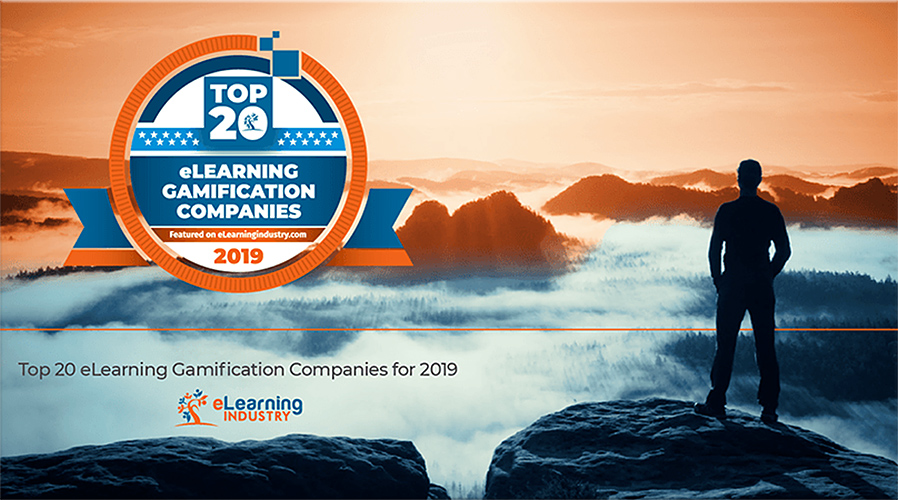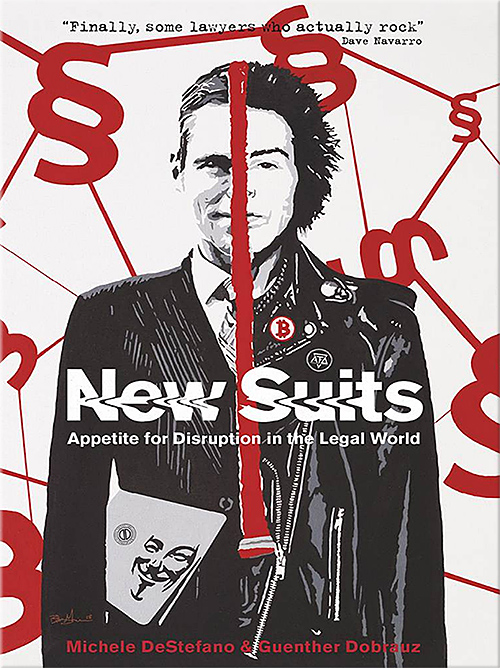Basic elements of an interactive legal application — from nonprofittechy.com by Quinten Steenhuis
Excerpt:
So, you want to create your first interactive legal application (sometimes also called guided interview or wizard). Congratulations! Whether you are creating the next TurboTax for drafting a will or a blockbuster access to justice app for pro se debtors, there are some standard elements of the application that it will help you to understand, whether you are a developer yourself or managing an outsourced project. This will be the first in a small series of blogs about getting started in interactive app building. As I’ve built these apps both for non-profits and law firms over the last few years, I realized it can help for everyone to share the same vocabulary. This guide applies to one kind of legal app–a linear wizard-like interview that helps a pro se user create a letter, fill out a form, or perhaps complete an intake.
For the most part, these concepts apply whether you are using Docassemble, HotDocs, A2J Author, Contract Express, or any of a number of different platforms. Of course, they also hold true for platforms built on Docassemble, such as Documate and Community.Lawyer.











